How to overcome New Small Business Challenges
Starting a new small business can be an exciting adventure, but it also comes with its fair share of challenges.

Some of the most common challenges that new small businesses face include:
- Limited resources: New small businesses often have limited financial, human, and technological resources, which can make it difficult to compete with established businesses.
- Brand recognition: Building brand awareness and gaining the trust of potential customers can be a challenge for new small businesses.
- Marketing and advertising: small businesses often struggle with marketing and advertising, as they may not have the expertise or budget to effectively promote their products or services.
- Hiring and retention: small businesses may struggle to attract and retain top talent due to limited resources and competition from larger companies.
- Cash flow management: Managing cash flow is critical for small businesses, and a lack of funds can hinder growth and even lead to failure.
- Regulatory compliance: small businesses must comply with various regulations and laws, which can be complex and time-consuming.
- Competition: Small businesses often face intense competition from other businesses in their industry.
- Technology: Keeping up with the latest technology can be a challenge for small businesses, as they may not have the budget to invest in new systems or software.
Here are some tips to help you navigate your new small business:
- Limited resources? Optimization is your friend. Small business owners can optimize their limited resources in various ways, such as streamlining processes, automating repetitive tasks, and outsourcing work to freelancers or contractors. By doing so, small businesses can save time and money while still delivering quality products or services. It is essential to prioritize tasks and allocate resources effectively to maximize productivity and efficiency.
- Leverage social media platforms to build brand awareness and competitive advantage: social media is a powerful tool for small businesses to market and network to build their brand. Small businesses can use social media platforms such as Facebook, Instagram, Twitter, and LinkedIn to connect with potential customers, share their products or services, and engage with their audience. Social media can help small businesses reach a broader audience without investing heavily in paid advertising.
- Need a physical location? Consider affordable coworking spaces: Coworking spaces are shared workspaces that allow individuals or small businesses to rent a desk or office space. Coworking spaces offer various benefits, including affordable rent, access to office amenities, networking opportunities, and a collaborative work environment. Coworking spaces can be an excellent option for small businesses that need office space but cannot afford the cost of renting a traditional office.
- Utilize free software: small business owners can utilize free software tools to manage tasks such as accounting, project management, and marketing. Some examples of free software include Trello, Hootsuite, Mailchimp, Google Analytics, and Canva. These tools can help small businesses save money while still having access to the essential tools needed to run their business.
- Apply for Grants: Small businesses can apply for grants to secure funding for various projects or initiatives. Government agencies, nonprofit organizations, and private companies offer various grants to support small businesses. Grants can help small businesses access the resources they need to grow their business and invest in new projects. Here are a few websites:
- Grants.gov: https://www.grants.gov/
- Small Business Innovation Research (SBIR) and Small Business Technology Transfer (STTR) Programs: https://www.sbir.gov/
- National Association for the Self-Employed (NASE) Grant Program: https://www.nase.org/become-a-member/grants-and-scholarships
- Amber Grants: https://ambergrantsforwomen.com/
- FedEx Small Business Grant: https://www.fedex.com/en-us/small-business/grant-contest.html
- Cartier Women's Initiative Awards: https://www.cartierwomensinitiative.com/
- Small businesses can ensure they are up to date on regulations and stay in compliance with them by researching, seeking professional advice, developing a compliance plan, training, conducting, and reviewing. This is critical for small businesses to avoid legal issues and operate legally.
- Small businesses with low capital may consider delaying hiring until they have established a solid foundation and are generating enough revenue to justify the expense. Consider performing tasks yourself, seeking the help of freelancers, or outsourcing to keep costs low. However, if hiring is essential, consider hiring part-time or contract workers initially or offering incentives to attract talent without incurring significant upfront costs.
In conclusion, by optimizing resources, utilizing free software, leveraging social media, utilizing affordable coworking spaces, and applying for grants, small business owners can overcome the challenges that most new small business owners face. These solutions can help small businesses thrive and succeed with hard work, dedication, and a willingness to adapt and overcome obstacles.
We do not endorse or guarantee any information provided by third-party grant websites. Your use of such information is at your own risk. Please consult a professional advisor before making any decisions regarding grants or funding for your business.










